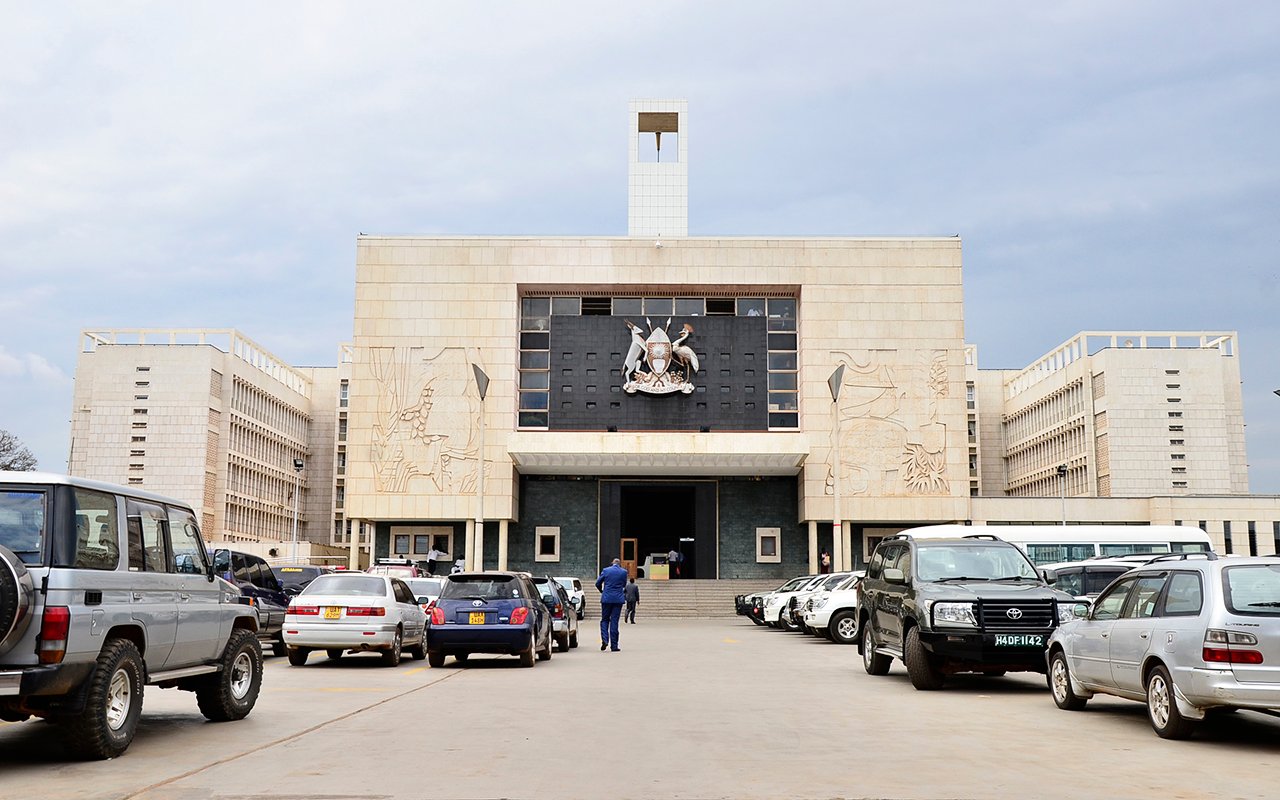Elections in the shadow of neoliberalism

Mr Joseph E. Stiglitz. Photo/Courtesy
What you need to know:
- In one scenario, dishonesty, socially destructive profiteering, and rent-seeking will prevail, public trust will continue to crumble, and materialism and greed will triumph; in the other, elected officials and public servants will work in good faith toward a more creative, healthy, knowledge-based society built on trust and honesty.
Around the world, populist nationalism is on the rise, often shepherded to power by authoritarian leaders. And yet the neoliberal orthodoxy – government downsizing, tax cuts, deregulation – that took hold some 40 years ago in the West was supposed to strengthen democracy, not weaken it. What went wrong?
Part of the answer is economic: neoliberalism simply did not deliver what it promised. In the United States and other advanced economies that embraced it, per capita real (inflation-adjusted) income growth between 1980 and the Covid-19 pandemic was 40 percent lower than in the preceding 30 years.
Worse, incomes at the bottom and in the middle largely stagnated while those at the very top increased, and the deliberate weakening of social protections has produced greater financial and economic insecurity.
Rightly worried that climate change jeopardises their future, young people can see that countries under the sway of neoliberalism have consistently failed to enact strong regulations against pollution. Sadly, these failures come as no surprise.
Neoliberalism was predicated on the belief that unfettered markets are the most efficient means of achieving optimal outcomes.
Neoliberalism’s proponents never seemed to recognise that expanding the freedom of corporations curtails freedom across the rest of society. The freedom to pollute means worsening health, extreme weather, and uninhabitable land.
There are always tradeoffs, of course; but any reasonable society would conclude that the right to live is more important than the spurious right to pollute.
Taxation is equally anathema to neoliberalism, which frames it as an affront to individual liberty: one has the right to keep whatever one earns, regardless of how one earns it.
But even when they come by their income honestly, advocates of this view fail to recognise that it was made possible by government investment in infrastructure, technology, education, and public health.
Rarely do they pause to consider what they would have if they had been born in one of the many countries without the rule of law (or what their portfolios would look like if the US government had not made the investments that led to the Covid-19 vaccine).
Instead, those most indebted to government are often the first to forget what government did for them. Where would Elon Musk and Tesla be if not for the near-half-billion-dollar lifeline they received from President Barack Obama’s Department of Energy in 2010?
Here, we go beyond mere tradeoffs, because everyone – including the rich – is made better off by an adequate supply of such goods.
Coercion, in this sense, can be emancipatory. There is a broad consensus on the principle that if we are going to have essential goods, we have to pay for them, and that requires taxes.
Of course, advocates of smaller government would say that many expenditures should be cut, including government-managed pensions and publicly provided health care.
But, again, if most people are forced to endure the insecurity and fear of not having reliable health care or incomes in old age, society has become less free. Even if multibillionaires’ well-being would be crimped somewhat.
All these issues should take centre stage in this year’s many elections. In the US, the upcoming presidential election offers a stark choice not only between chaos and orderly government, but also between economic philosophies and policies.
The incumbent, Joe Biden, is committed to using the power of government to enhance the well-being of all citizens, especially those in the bottom 99 percent, whereas Donald Trump is more interested in maximising the welfare of the top 1 percent.
Trump, who holds court from a luxury golf resort, has become the champion of crony capitalists around the world.
Trump and Biden have vastly different visions of the kind of society we should be working to create.
In one scenario, dishonesty, socially destructive profiteering, and rent-seeking will prevail, public trust will continue to crumble, and materialism and greed will triumph; in the other, elected officials and public servants will work in good faith toward a more creative, healthy, knowledge-based society built on trust and honesty.
-- Project Syndicate




